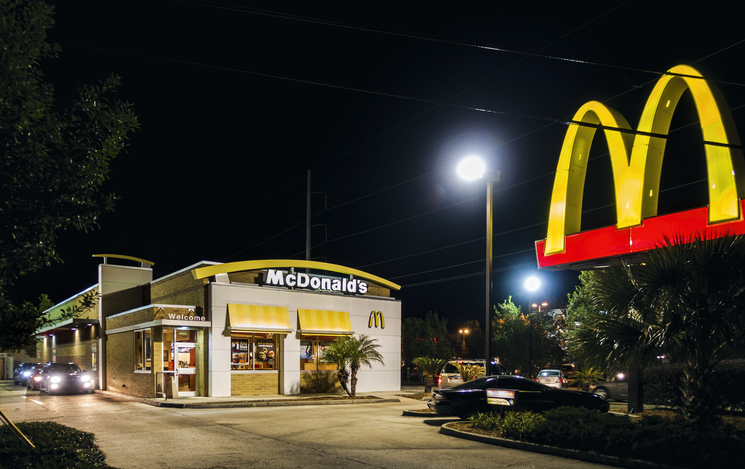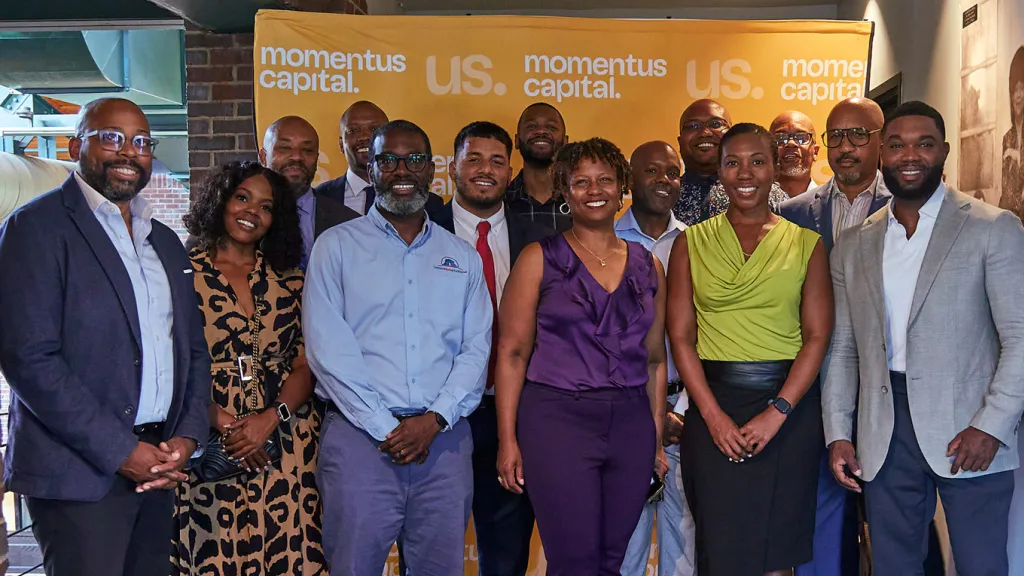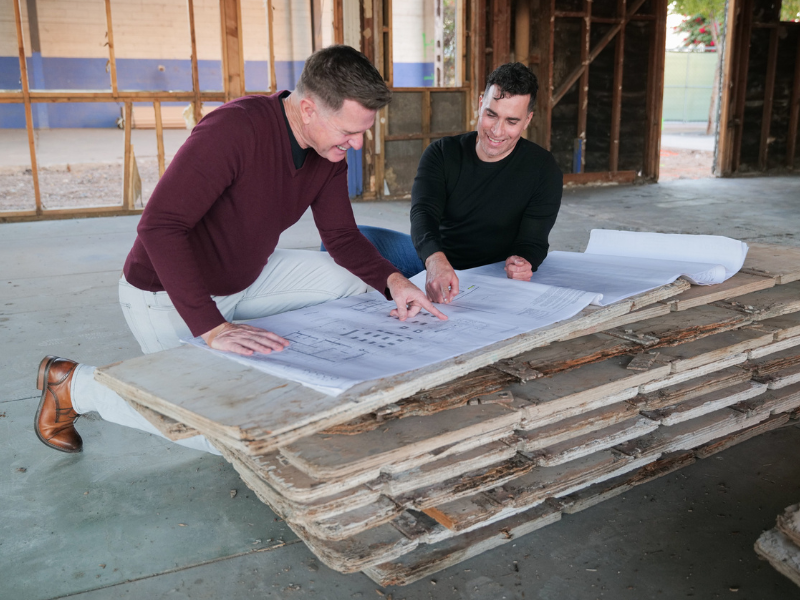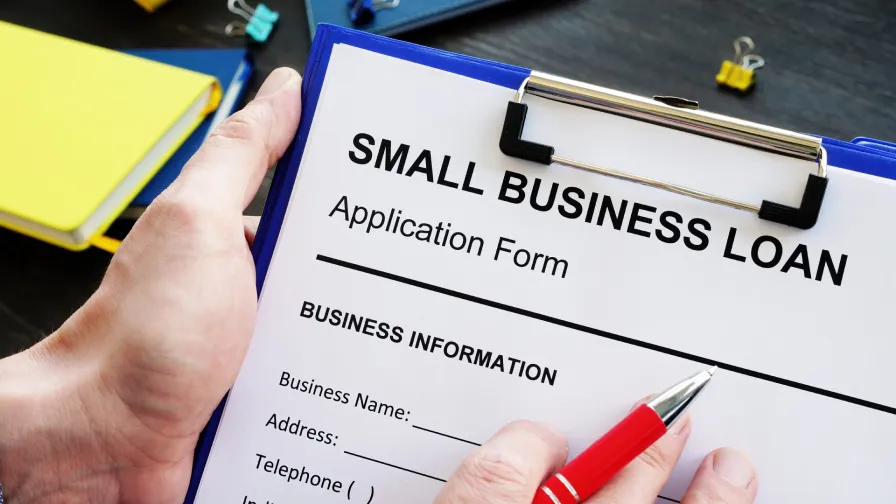Before making a commitment, be it personal or business, we typically vet our prospective partners. Do we share similar values? Are they a stable partner? Do we handle disagreements productively?
The process of buying a franchise should be treated with the same care and scrutiny, financial experts say. Franchise ownership, like general entrepreneurship, is already difficult. Imagine how much harder it can be if you sign a multi-year agreement with a franchisor who you end up resenting.
“Entering a franchise agreement is like getting married,” said Stacey Sanchez, a senior loan officer at CDC Small Business Finance, a leading U.S. lender and nonprofit.
“Sometimes the franchise location isn’t even open yet, and these relationships are already contentious,” added Sanchez, who has experience helping franchisees — one who buys a franchise — get small business financing.
Avoid being in this all-too-common position by doing your homework. To get you started, here are some top questions you should be answering well before you sign a franchise agreement.
What type of franchise do I want to own?
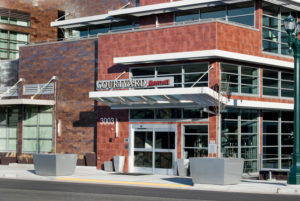
Upon hearing the term “franchise,” your first thought may be fast-food chains like McDonald’s, KFC and Burger King who are among the largest franchised brands in the world. Franchises actually span many different types of industries — from hotels such as Marriott to home-improvement companies like Ace Hardware. How it works: The franchisor owns the rights, trademarks and products of the company and grants them to the franchisee, making money off the franchising fee and royalties.
Oftentimes, prospective franchisees will buy into businesses that match their professional backgrounds. In other instances, franchise buyers may target a specific brand due to high-growth potential or a longtime interest in the industry.
Do I have a franchise broker?
 Not sure which industry or franchise brand you want to invest in? You can hire a franchise broker to help you. Also known as franchise consultants, brokers can create a list of possible franchise investments and help you whittle it down to some solid contenders.
Not sure which industry or franchise brand you want to invest in? You can hire a franchise broker to help you. Also known as franchise consultants, brokers can create a list of possible franchise investments and help you whittle it down to some solid contenders.
Bill Mathis, a franchisee of senior-services company Always Best Care in San Diego, found his broker to be especially helpful with getting up to speed on franchising rules and regulations, taxes and insurance. A typical meeting with a franchise broker involves discussing overarching goals, finances and other key details.
“There’s a lot to it,” said Mathis, who worked with Sanchez to get financing to grow his franchise location. “Finding the right franchise really requires a lot of time and knowledge and finding a franchise broker.”
Can I afford to buy a franchise?

In order to be a franchisee, you’ll need to meet certain financial requirements and come up with start-up capital. Say you wanted to open and operate your own McDonald’s location. Your initial investment would start at $1 million — and that’s not counting the $500,000 you’ll need as liquid cash, according to recent estimates in 2019.
Of course, lesser-known franchises will not come with such an intimidating price tag. You can buy into some franchises for about $20,000-$50,000 – even less, sometimes.
You may be able to get a business loan to finance your franchise, depending on your finances and the reputation of the franchise. Roughly 10% of all SBA loans finance franchises — whether it’s to cover entry fees or for working capital. An SBA Community Advantage loan, which can provide up to $250,000 in business capital, can be one option. As with any SBA-backed loan, you’ll need to meet certain lending requirements and show your loan officer that you have done your homework on the franchise you’d like to purchase.
How well do I know my franchisor (seller)?
As many in the franchise industry will tell you, not all franchises are created equal. If you have a list of finalists by now, here’s your chance to get to know them better and see if they’re the right fit for you now and in the long-term.
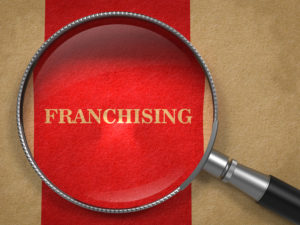 A simple Google search can yield a wealth of information. If you search the company name and terms like “franchise” or “franchisee” or “franchise relationship” — and you’ll get tons of intel on your prospective franchisor.
A simple Google search can yield a wealth of information. If you search the company name and terms like “franchise” or “franchisee” or “franchise relationship” — and you’ll get tons of intel on your prospective franchisor.
Choose a reputable brand with a solid track record of working with franchisees. How can you find that out? See what current franchisees have to say about the company.
Related: Small Business Owners: Don’t Let These 4 Common Issues Spoil Your Tax Season
Ideally, you’re looking for a franchisor who will help and support even after you’ve signed the contract. Some franchisors will conduct trainings or on-site visits to ensure you are getting what you need out of the business relationship.
“You’ll want someone who will help you every step of the way,” said Sanchez, the senior business loan officer.
Not seeing what you’re looking for online? Ask the franchisor for a couple references and and talk to them about their experience with the business.
Have I read the Franchise Disclosure Document?

Perhaps your best resource is the Franchise Disclosure Document, or FDD. By federal law, prospective franchise buyers are entitled to receive this document from the franchisor at least 14 days before signing a contract or making any payment related to a franchise sale.
This document should disclose:
- The estimated initial investment,
- What your relationship will look like with your franchisor, from what you’ll be required to do to things you can’t do, and
- How much you’ll be expected to make in revenues, among other things.
You’ll want to go over this document yourself thoroughly. Highlight anything you don’t understand and go over it with a legal professional to ensure you’re not signing up for a bad deal.
Are you looking into buying a franchise? Or need financing to grow your franchise? CDC Small Business Finance offers several loan options for business owners who want to grow their operations and are planning for their long-term needs.
Tell our loan experts about your business, and they’ll work to match you with a financing plan that best suits you. Let’s talk! Reach us at loaninfo@cdcloans.com or (619) 243-8667.
In case you missed it:


